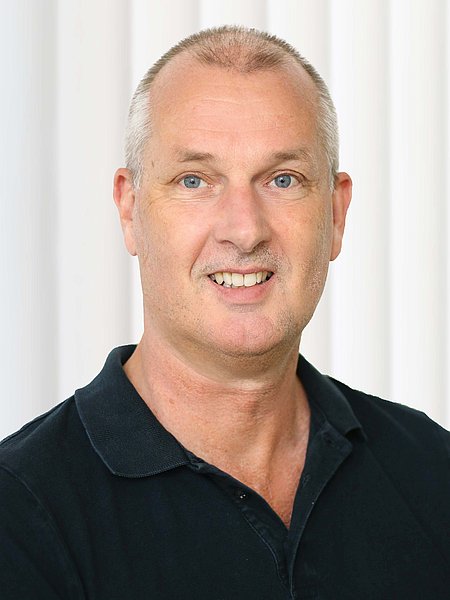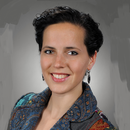"There are many different types of brain tumors in children, many more than in adults," Kool points out. “The big challenge is to diagnose them accurately, and to find effective treatments for all these tumor types." In recent years, Kool's research has enabled a better understanding of the different forms of brain tumors in children. This has led to more precise classification and stratification - a classification based on molecular and genetic differences, and how well the tumor responds to a particular treatment.
Marcel Kool started his career at Wageningen Agricultural University, where he obtained his PhD in the field of viruses in insects. He then moved to the Netherlands Cancer Institute (NKI). At the Academic Medical Center (AMC), Kool specialized in childhood cancer research, where he became a research group leader focusing on genetic alterations in brain tumors. In 2011, he moved to Heidelberg to do research on brain tumors in children at the German Cancer Research Center (DKFZ) and later at the Hopp Children's Cancer Center Heidelberg (KiTZ). Since 2019, Kool is leading, next to his research group at the KiTZ in Heidelberg, another research group at the Princess Máxima Center in Utrecht, where they focus on establishing brain tumor organoid models. He also plays an important role in the KiTZ-Máxima Twinning Program, not only as a member of the executive board, which coordinates the overall program between the two institutes, but he has also initiated and is leading several joint projects between KiTZ and Máxima. Moreover, working in both institutes has the advantage that Kool can easily bring other researchers and clinicians from both institutes in contact with each other for other potential collaborations and joint projects.
With the professorship in Brain Tumors in Children - bench to bed to bench at the Faculty of Medicine, Utrecht University, Kool aims to further advance precision medicine in the field of pediatric oncology. He will also remain with the KiTZ as a research group leader.




